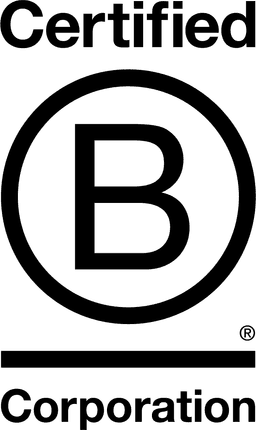

Verdical Group, Inc.

California, United States
July 2017
Environmental consulting
Service with Minor Environmental Footprint
United States
Established in 2012, Verdical Group is a leading green building consulting firm focused on decarbonizing the built environment and inspiring a net zero future. A certified B Corporation and 1% for the Planet member company, Verdical Group donates 1% of our annual revenue (not just profit) to environmental nonprofit organizations. Verdical Group provides sustainability strategy; green event production; project management for building certifications like LEED, WELL, Fitwel, Living Building Challenge, and more; and engineering services such as building commissioning, energy modeling, daylight modeling, and life cycle assessments. As often as they can, they sneak out of the office early to get some great outdoors adventure time in as a team to stay connected to nature and remember why they do what they do. We’re a team of engineers, architects, builders, and environmentalists working on some of the greenest projects in the world with visionary institutions like NASA, Google, Johnson & Johnson, LAX, and GE. Verdical Group wrote the definition of "verdical" and defines it as, "an upward trend in positive environmental impact." They believe nature is the greatest teacher and work to make the built environment function more like the natural environment.
Overall B Impact Score
Governance 19.6
Governance evaluates a company's overall mission, engagement around its social/environmental impact, ethics, and transparency. This section also evaluates the ability of a company to protect their mission and formally consider stakeholders in decision making through their corporate structure (e.g. benefit corporation) or corporate governing documents.
What is this? A company with an Impact Business Model is intentionally designed to create a specific positive outcome for one of its stakeholders - such as workers, community, environment, or customers.
Workers 39.4
Workers evaluates a company’s contributions to its employees’ financial security, health & safety, wellness, career development, and engagement & satisfaction. In addition, this section recognizes business models designed to benefit workers, such as companies that are at least 40% owned by non-executive employees and those that have workforce development programs to support individuals with barriers to employment.
Community 22.0
Community evaluates a company’s engagement with and impact on the communities in which it operates, hires from, and sources from. Topics include diversity, equity & inclusion, economic impact, civic engagement, charitable giving, and supply chain management. In addition, this section recognizes business models that are designed to address specific community-oriented problems, such as poverty alleviation through fair trade sourcing or distribution via microenterprises, producer cooperative models, locally focused economic development, and formal charitable giving commitments.
Environment 17.2
Environment evaluates a company’s overall environmental management practices as well as its impact on the air, climate, water, land, and biodiversity. This includes the direct impact of a company’s operations and, when applicable its supply chain and distribution channels. This section also recognizes companies with environmentally innovative production processes and those that sell products or services that have a positive environmental impact. Some examples might include products and services that create renewable energy, reduce consumption or waste, conserve land or wildlife, provide less toxic alternatives to the market, or educate people about environmental problems.
What is this? A company with an Impact Business Model is intentionally designed to create a specific positive outcome for one of its stakeholders - such as workers, community, environment, or customers.
Customers 26.2
Customers evaluates a company’s stewardship of its customers through the quality of its products and services, ethical marketing, data privacy and security, and feedback channels. In addition, this section recognizes products or services that are designed to address a particular social problem for or through its customers, such as health or educational products, arts & media products, serving underserved customers/clients, and services that improve the social impact of other businesses or organizations.
What is this? A company with an Impact Business Model is intentionally designed to create a specific positive outcome for one of its stakeholders - such as workers, community, environment, or customers.